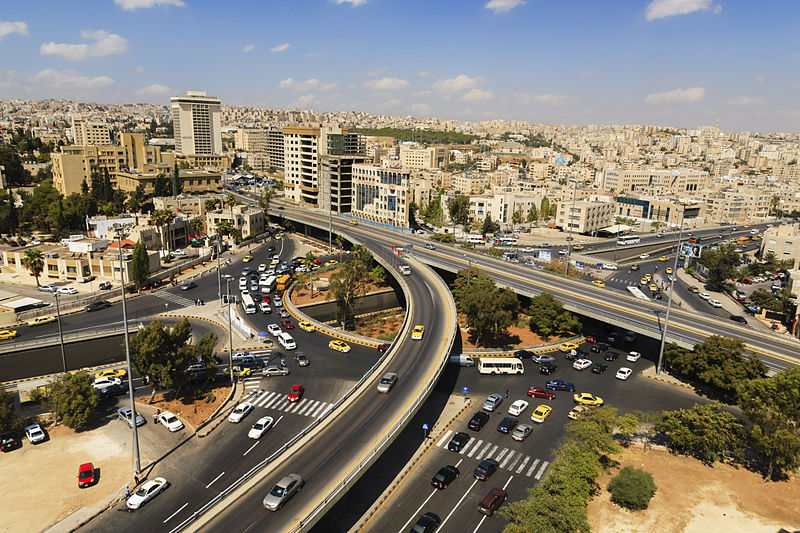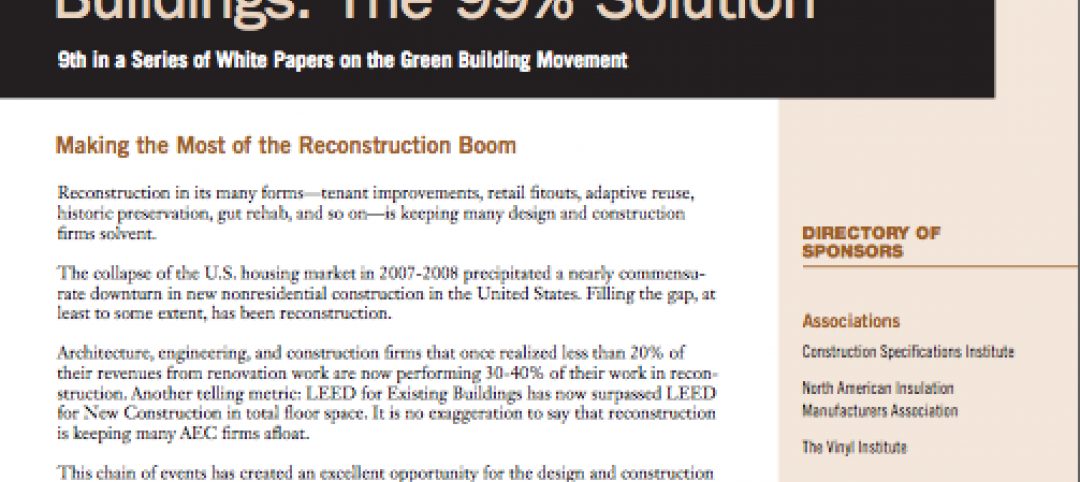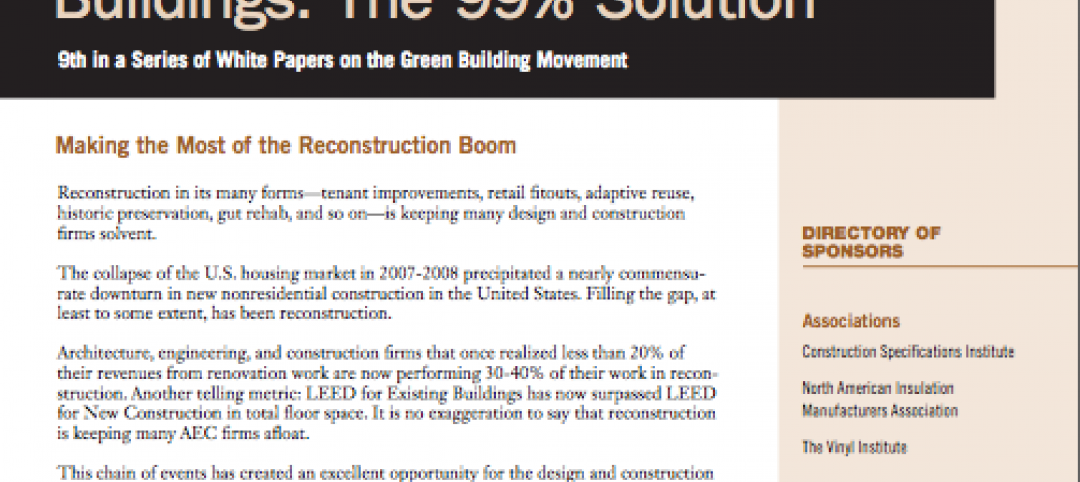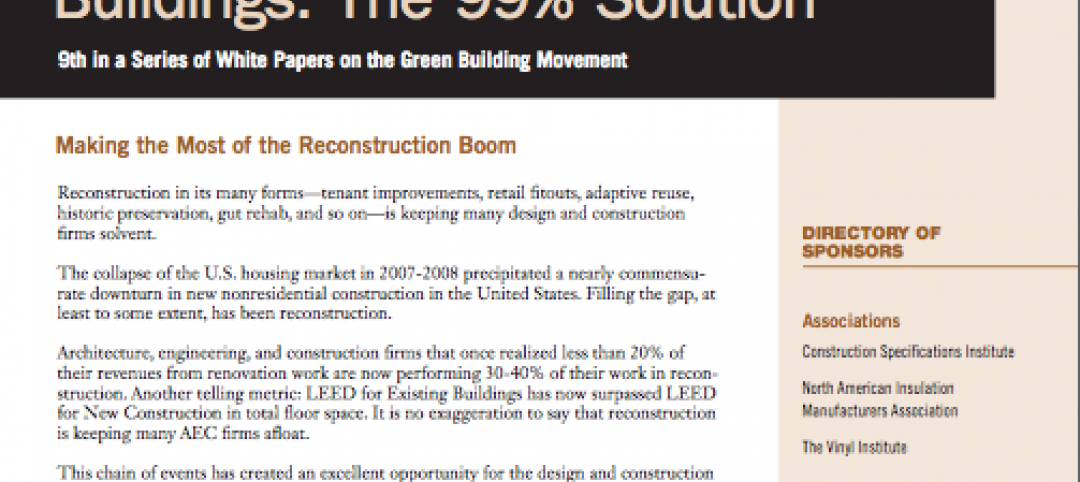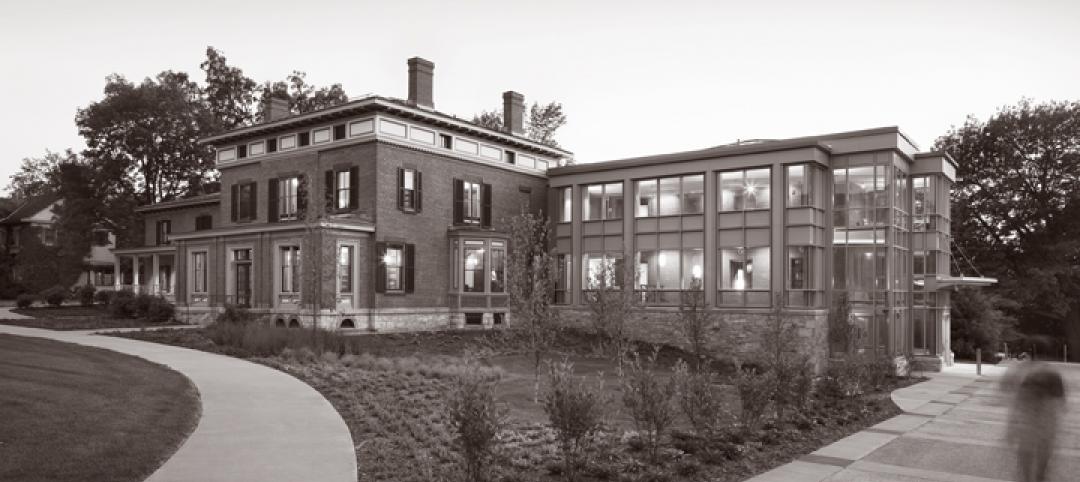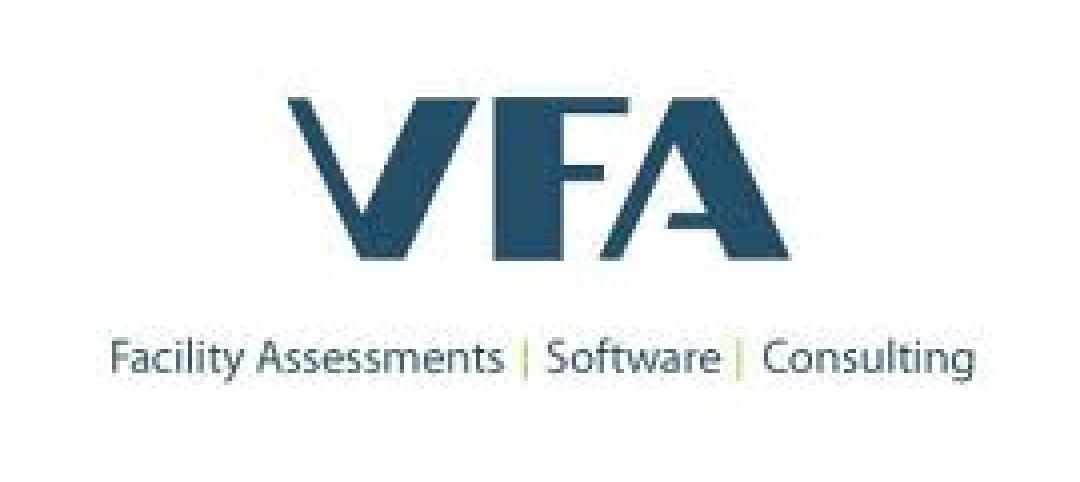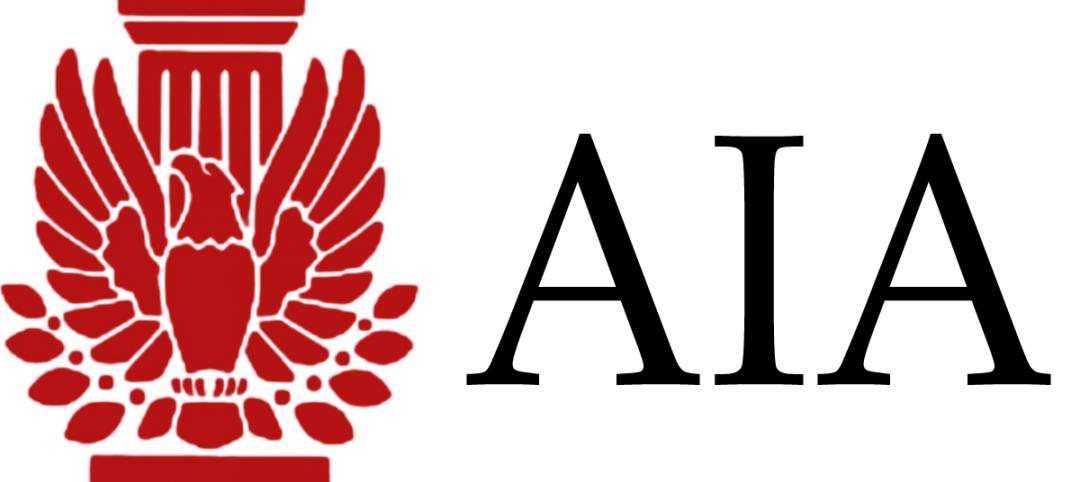The AIA Foundation has commended the addition of 35 new cities worldwide to 100 Resilient Cities, pioneered by The Rockefeller Foundation, to be part of the 100 Resilient Cities network. The announcement was made during The Rockefeller Foundation’s Urban Resilience Summit in Singapore.
The AIA Foundation became a platform partner in the 100 Resilient Cities Challenge as part of a commitment made at the 2013 Clinton Global Initiative (CGI) Annual Meeting. Partners pledged to support the cities’ Chief Resilience Officers (CRO), create resilience strategies, and provide access to tools, technical support, and resources. 100 Resilient Cities also pledged to create a network for CROs to share information and best practices.
“The AIA Foundation – through the American Institute of Architects component network nationwide – is already working in several of the selected U.S. cities to guide them in their selection of chief resilience officers and to provide AIA member expertise in resilience planning," said AIA Foundation Executive Director Sherry-Lea Bloodworth Botop. "Indeed, the AIAF hopes to act as a matchmaker of sorts between the cities that have been granted CROs and the architects and planning experts who can offer assistance and can help integrate design thinking into the monumental tasks facing CROs."
The cities selected as winners of the 100 Resilient Cities Challenge are:
- Accra, Ghana
- Amman, Jordan
- Arusha, Tanzania
- Athens, Greece
- Barcelona, Spain
- Belgrade, Serbia
- Bangalore, India
- Boston, Massachusetts, USA
- Calí, Colombia
- Chennai, India
- Chicago, Illinois, USA
- Dallas, Texas, USA
- Deyang, China
- Enugu, Nigeria
- Huangshi, China
- Juarez, Mexico
- Kigali, Rwanda
- Lisbon, Portugal
- London, England
- Milan, Italy
- Montreal, Canada
- Paris, France
- Phnom Penh, Cambodia
- Pittsburgh, Pennsylvania, USA
- San Juan, Puerto Rico, USA
- Santa Fe, Argentina
- Santiago de los Caballeros, Dominican Republic
- Santiago, Chile
- Singapore, Singapore
- St. Louis, Missouri, USA
- Sydney, Australia
- Thessaloniki, Greece
- Toyama, Japan
- Tulsa, Oklahoma, USA
- Wellington City, New Zealand
Related Stories
| May 11, 2012
2012 White Paper: High-Performance Reconstructed Buildings: The 99% Solution
Download the complete White Paper, Chapters 1-10
| May 11, 2012
Chapter 10 Action Plan: 18 Recommendations for Advancing Sustainability in Reconstructed Buildings
We offer the following recommendations in the hope that they will help step up the pace of high-performance building reconstruction in the U.S. and Canada. We consulted many experts for advice, but these recommendations are solely the responsibility of the editors of Building Design+Construction. We welcome your comments. Please send them to Robert Cassidy, Editorial Director: rcassidy@sgcmail.com.
| May 11, 2012
Chapter 9 The Key to Commissioning That Works? It Never Stops
Why commissioning for existing and renovated buildings needs to be continuous to be effective.
| May 11, 2012
Chapter 8 High-Performance Reconstruction and Historic Preservation: Conflict and Opportunity
What historic preservationists and energy-performance advocates can learn from each other.
| May 11, 2012
VFA to acquire Altus Group's Capital Planning division
Strategic move strengthens VFA's facilities capital planning market osition in North America.
| May 11, 2012
Betz promoted to senior vice president for McCarthy’s San Diego Office
He will oversee client relations, estimating, office operations and personnel as well as integration of the company’s scheduling, safety and contracts departments.
| May 11, 2012
CRSI appoints Brace chairman
Stevens also elected to board of directors and vice-chair.
| May 11, 2012
Dempster named to AIA College of Fellows
Altoon Partners’ technical and construction services leader honored for his contributions.
| May 11, 2012
AIA launches education and training portal
New portal to host Contract Documents training, education resources in one convenient place.
| May 10, 2012
Chapter 7 When Modern Becomes Historic: Preserving the Modernist Building Envelope
This AIA CES Discovery course explores the special reconstruction questions posed by Modern-era buildings.


